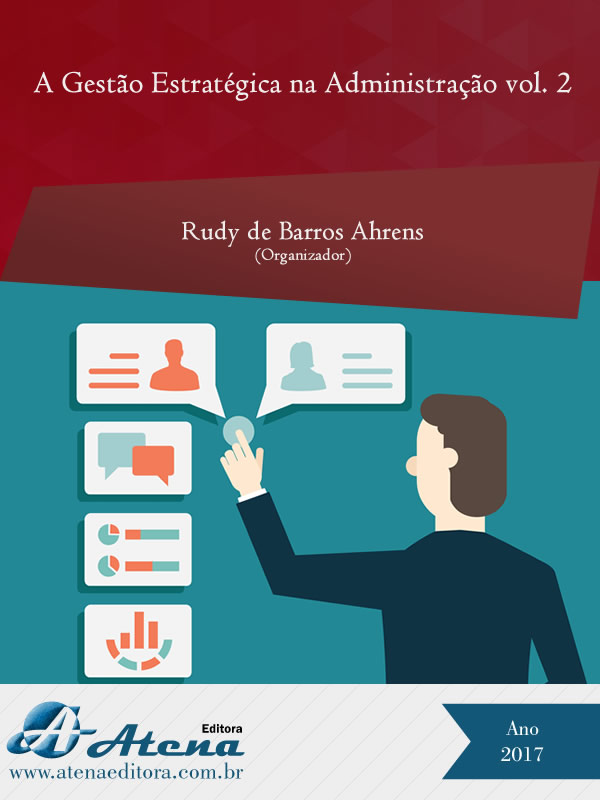
GESTÃO PÚBLICA 2.0: Uma análise do gabinete digital no município de Caruaru-PE
O objetivo desse artigo visa analisar a gestão pública sob uma perspectiva
de participação social no município de Caruaru Pernambuco por meio do site
Gabinete Digital. Para isso, faremos uma análise histórica dos principais modelos de
gestão pública: patrimonialista, burocrática, gerencial clássica e a gestão
participativa. O último modelo, surge da insatisfação da sociedade com seus
representantes, exigindo mudanças que permitam uma maior participação popular.
Surge então a democracia participativa, em que o gestor público cria mecanismos
que permita a sociedade participar de forma efetiva da gestão. Nesse aspecto, a
tecnologia ganha lugar de destaca na interação entre representantes e
representados, principalmente com a utilização da internet, que abandona o rotulo
principal de entretenimento e passa a ser uma ferramenta fundamental ao controle
social. Cabe a gestão pública, a missão de atualizar suas ferramentas, e inclui-las
em um espaço virtual, com acesso rápido ao usuário, permitindo-os monitorar,
fiscalizar e cobrar as ações do governo. Nesse sentido, Caruaru ganha destaque
nacional e internacional pelo incentivo a participação social, com a criação de
políticas como o orçamento participativo e o gabinete digital. Nesse trabalho
analisamos o gabinete digital sob três pontos: Temática, acessibilidade e linguagem.
Consideramos, o gabinete digital como uma ferramenta importe para o
desenvolvimento da democracia participativa no município de Caruaru, apesar de
ser uma política recente, demonstra grande potencial de crescimento,
principalmente por interagir com as redes sociais, com os novos mecanismos
tecnológicos como smartphones e tabletes, sempre com uma linguagem simples e
acessível à grande parte da sociedade.
GESTÃO PÚBLICA 2.0: Uma análise do gabinete digital no município de Caruaru-PE
-
DOI: Atena
-
Palavras-chave: Gestão pública 2.0, democracia participativa, sociedade em rede, gabinete digital.
-
Keywords: Public administration 2.0, participatory democracy, network society, digital office.
-
Abstract:
In this study, we intend to analyze public management from the
perspective of social participation in the municipality of Caruaru Pernambuco. For
this purpose, we make a historical analysis of the main theoretical models of public
management: patrimonial, bureaucratic, classical management and participatory
management. The latest model comes from the dissatisfaction of society with their
representatives, demanding changes that allow greater popular participation. Then
comes participatory democracy, in which the public manager creates mechanisms
that allow society to participate effectively in the management. In this view,
technology takes an important place in the interaction between representatives and
represented, especially with the use of the Internet, which leaves the main label of
entertainment and becomes a key tool for social control. It is up to public
management, the mission to update their tools, and includes them in a virtual space,
with fast user access, allowing them to monitor, inspect and collect the government's
actions. In this sense, Caruaru gained national and international prominence by
encouraging social participation, with the creation of policies such as the
participatory budget and the digital office. In this paper we analyze the digital office
under three points: Thematic, accessibility and language. We consider the digital
office as a key tool important to the development of participative democracy in the
city of Caruaru, despite being a recent policy shows great potential for growth,
especially to interact with social networks, with new technological mechanisms as
smartphones and tablets, all with a simple and accessible language to much of
society.
-
Número de páginas: 15
- Fernando César de Lima


